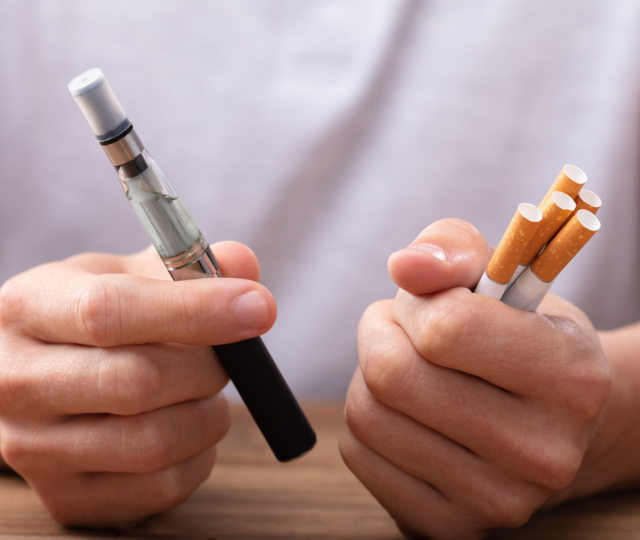Tobacco & Vapour Enforcement Officers
Tobacco and Vapour Enforcement Officers regularly conduct inspections and compliance checks. If you see a retailer selling tobacco or e-cigarettes to a minor, please report it to your local Tobacco and Vapour Enforcement Officer at tobaccoandvape@interiorhealth.ca.














